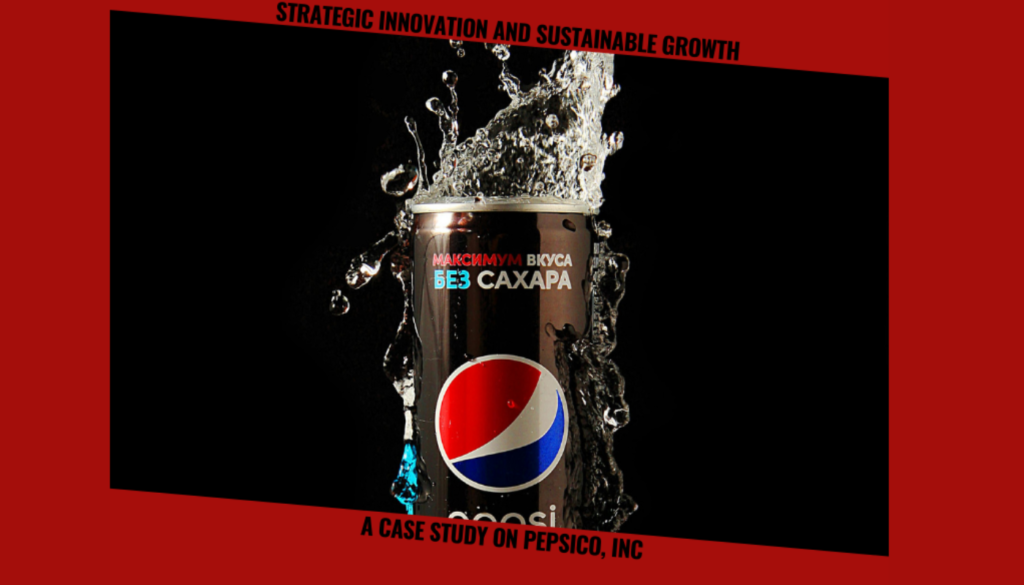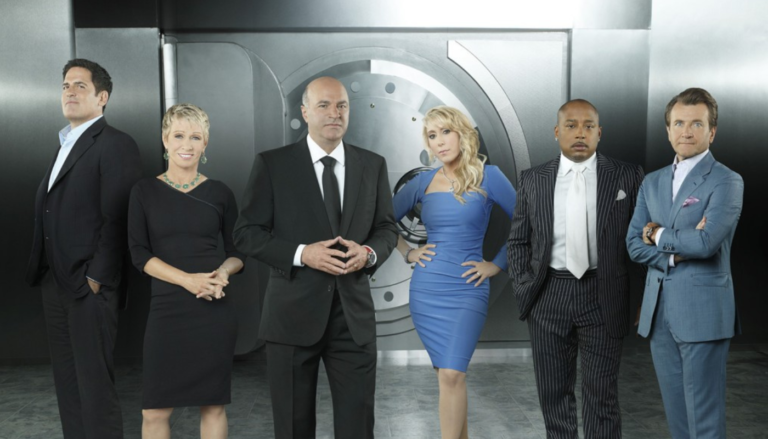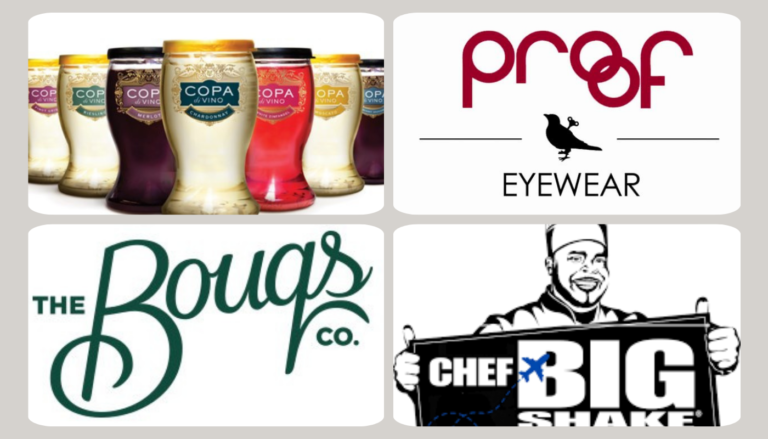PepsiCo’s business success through growth and diversification strategy and new product development.
Introduction
PepsiCo is an American multinational company that deals in food, snack and beverages and is based in New York. PepsiCo is one of the largest food and beverage companies in the world with such brands as Pepsi, Frito-Lay, Gatorade and Tropicana. The following are the fundamental factors pertaining to PepsiCo this case study seeks to unravel to understand its success and dominance across the globe.
Historical Background
PepsiCo was created in 1965, through a combination of Pepsi-Cola and Frito-Lay industries. Pepsi was originally developed in the 1880s by pharmacist Caleb Bradham and grew to become one of the biggest soft drink franchises. This snack company has a humble start in the form of a small restaurant that specialized in selling chips and has now become a major player in the snack market of North America. The combination of these two firms formed a snack and beverage giant equipped to expand and diversify its products.
Strategic Vision and Leadership
Indra Nooyi has been the PepsiCo’s CEO since 2006 and has established the company mission to deliver “performance with purpose”. This strategy aims at achieving financial goals through the implementation of sustainable and corporate social responsibility. Nooyi further split the company into four large groups and each of them had management responsibility for its business lines. This new structure provided brands more freedom while using facilities from PepsiCo group.
Product Innovation and Diversification
However, PepsiCo also diversified its food products’ portfolio, apart from the organic growth of its traditional brands such as Lay’s and Pepsi, to tap into the current global trend toward healthier products. Some of the major acquisition include fruit juices of Tropicana in the year 1998 and the Gatorade sports drink line in the year 2001. Pepsi also came out with new extensions of existing brands, like Frito Lays Simply which was a natural version of the original brand. And new brands have been introduced, such as Quaker breakfast line and the Sabra healthier hummus line in a joint venture.
Marketing and Branding
From celebrity-endorsed Pepsi commercials to Lay’s ‘Do Us a Flavor’ consumer promotions, marketing has been instrumental in the Pepsi success story. As media consumption habits evolved, PepsiCo continued to employ winning tactics such as promoting the use of high profile athletes, musical events, and the NFL Super Bowl Halftime show. Culturally, the sensitivity has enabled Pepsi to foster an emotional connection between customers globally and the firm’s well-known brands.
Sustainability and CSR
Since, water is a principal input in its products, PepsiCo has measures like recycling, using rain water and trying to reduce use of water in manufacturing processes. Following statements are part of the sustainability report: To minimize carbon emissions PepsiCo pledged to power its company-owned facilities in the United States with 100 percent renewable energy by the year 2030. The PepsiCo foundation and the volunteer work of employees also contribute to funding and sponsoring efforts in local communities and in developing nations to assist youth, women, and other disadvantaged people in having access to economic opportunities.
Financial Performance and Growth
Finally, PepsiCo has reported sound financial performance despite shifts in the consumer behavior and the macroeconomic environment. Annual revenues have now reached more than seventy billion dollars with strong brands that people much love having and also increasing the variety of products being offered in the market. PepsiCo has also improved profit margins in manufacturing, distribution and marketing in spite of the volatile commodities and supply chains. Through buying back shares and paying dividends, Pepsi has been able to return billions to its shareholders annually due to its sound cash flows and balance sheet strength.
Challenges and Opportunities
The strategic management issues facing PepsiCo include the need to change with the ever-evolving trends preferring healthier products and the need to defend flagship products and market position. Pepsi will have to increase advertising for some of its newer, less well known brands that are healthier but it cannot afford to do so at the expense of the its big earners, such as Pepsi, Fritos and Gatorade. And as a multinational company, fluctuating exchange rates, export restrictions, or problems in the global supply chain affect the performance. Two major opportunities revolve around expanding the product portfolio to cater for nutritionally conscious consumers and the use of technology to strengthen customer interactions and digital marketing.
Conclusion
The growth of PepsiCo over 50+ years from a merged company to the world’s leading multinational food and beverages company has been quite remarkable. It has posted net revenues of more than seventy billion dollars internationally and products in all continents and this puts it in a better place to dominate the market. Thus, this case exemplifies how the application of coherent M&A and innovation across brands as well as the company’s operations constitutes the recipe for PepsiCo’s success. Ongoing innovation on the changing customers’ needs and wants will enhance PepsiCo’s ability to produce great tasting, convenient, and improved nutrition products for generations to come.
Read More articles on The Business Vision






